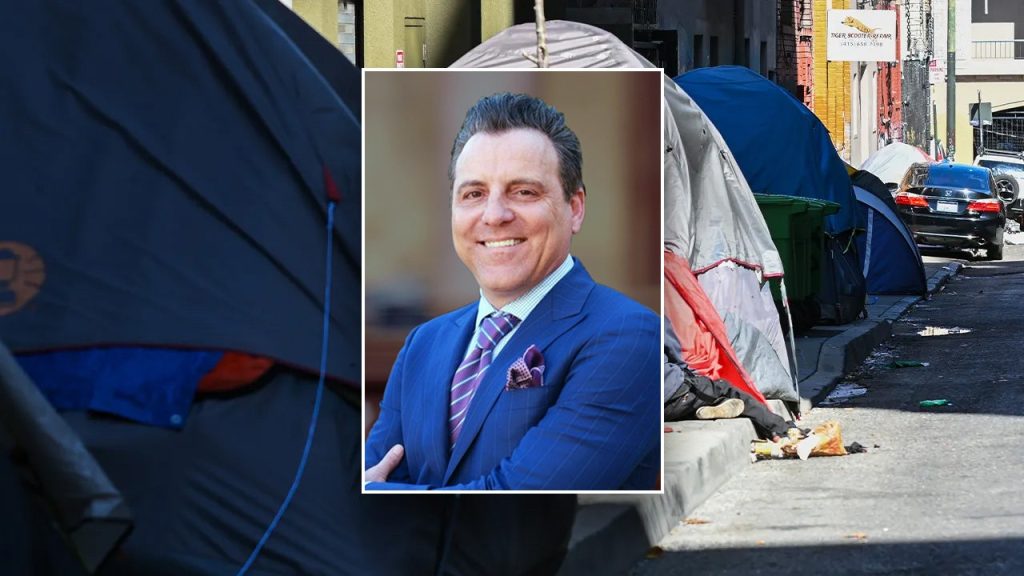Progressive policies in San Francisco, California have been blamed for fueling the drug crisis and increased crime rates in the city. Criminal defense attorney Brian Claypool criticized the Democratic leadership in the city, stating that it has been a “train wreck” over the past decade. He pointed to lenient laws that make it easier for homeless people and drug dealers to avoid prosecution, as well as the implementation of Proposition 47 in 2014, which reclassified several minor offenses as misdemeanors. Claypool noted that these policies have contributed to a rise in crime and homelessness in San Francisco.
Proposition 47 has been identified as a major contributor to the crime crisis in San Francisco and across the state of California. The legislation reclassified certain felony offenses as misdemeanors, leading to the release of previously convicted felons back onto the streets. This has resulted in an increase in homelessness and a rise in violent crimes committed by homeless individuals. Claypool highlighted the fact that there are now fewer DNA samples being taken to solve violent crimes, making it more difficult for law enforcement to solve cases such as rape, aggravated robbery, or murder.
The lack of legal consequences for violent criminal acts committed by homeless individuals has emboldened them to engage in more criminal behavior in San Francisco. Claypool noted that the homeless population in the city is often left on the streets with nothing to do, leading them to commit robberies and other violent crimes. With the knowledge that they are unlikely to face serious repercussions for their actions, homeless individuals have become more brazen in their criminal behavior. Police officers are often hesitant to arrest these individuals, knowing that they will likely be released with little to no bail.
The city of San Francisco has been struggling with issues related to crime, drug use, filth, and homelessness for years. The problems have led to the closure of businesses, including well-known stores like Old Navy, Nordstrom, and Whole Foods. The city has also experienced a surge in overdose deaths, with records indicating that 2023 was the deadliest year on record. The trend has continued into 2024, with 412 overdose deaths reported so far, including 27 involving fentanyl. The city’s struggles have sparked public outcry and raised concerns about the effectiveness of current policies.
Claypool criticized the lenient laws and policies in San Francisco that he believes have contributed to the city’s ongoing crisis. He pointed to the lack of consequences for criminal behavior by homeless individuals and drug dealers, as well as the impact of Proposition 47 on crime rates in the city. The reclassification of certain offenses as misdemeanors has made it more difficult for law enforcement to solve violent crimes and hold offenders accountable. The situation has created a cycle of crime, homelessness, and drug addiction that is challenging for city officials to address.
In response to the ongoing crisis, some city officials have proposed new measures to address the issues of crime, drug use, and homelessness in San Francisco. However, the challenges facing the city are complex and multifaceted, requiring a comprehensive approach that addresses the root causes of the problems. It remains to be seen what steps will be taken to address the crisis in San Francisco and whether the city can overcome its challenges and create a safer and more prosperous community for its residents.


